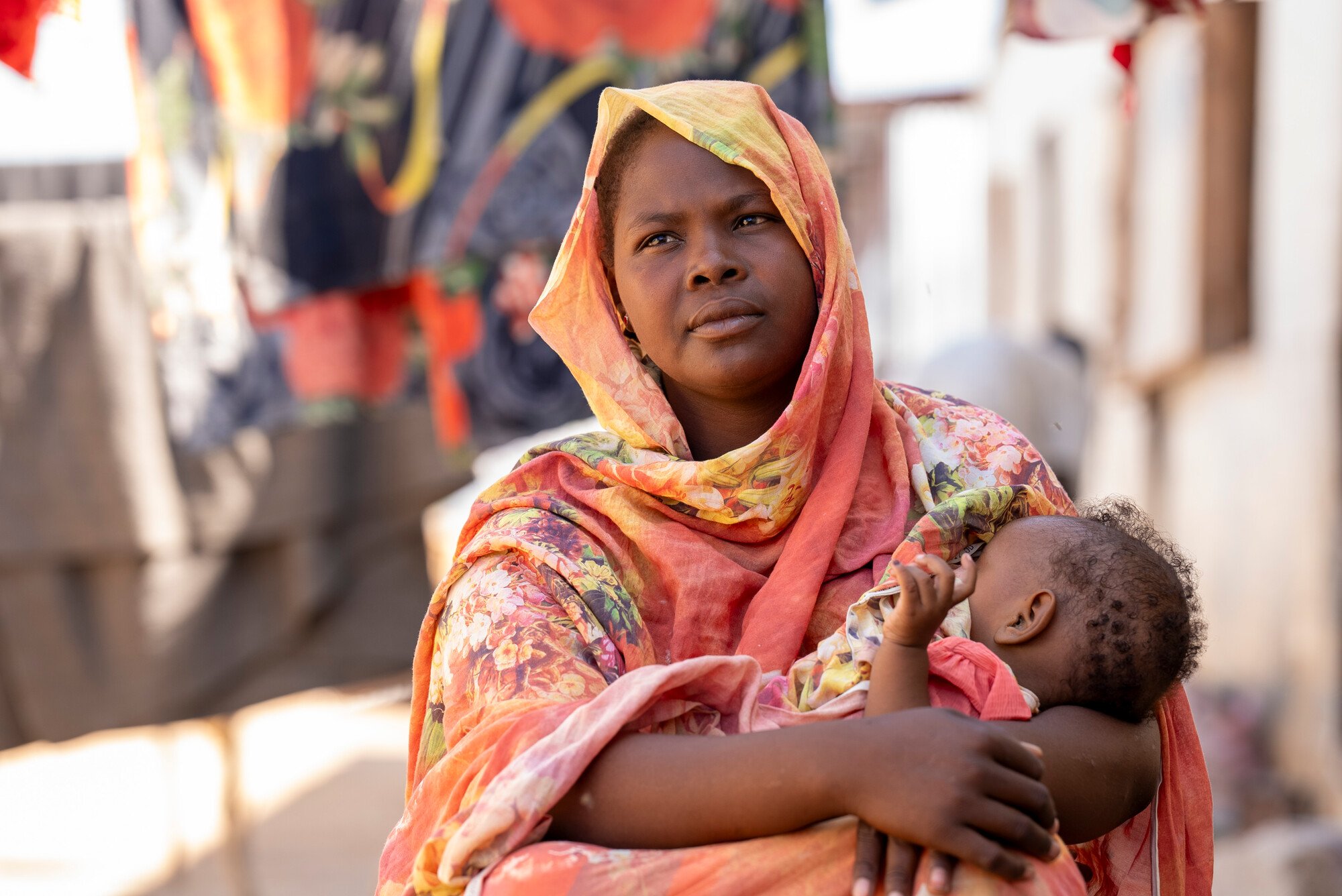Here are five things we need to do in order to get a universally available and affordable vaccine to help end the COVID-19 pandemic
Vaccines for the COVID-19 virus are becoming available—but who will get one, and how much will we pay for it?
Oxfam, the United Nations, and 140 world leaders are calling for the COVID-19 vaccine to be a people’s vaccine: universally available to all at no cost. It’s an essential means to build the immunity the world needs to end the pandemic, but this will only be possible if governments and pharmaceutical corporations commit to a people’s vaccine that is available to everyone. This will help us ensure we can provide the vaccine to front-line health and safety workers, many of whom are women, as well as Black, Indigenous, and other communities of color, who are disproportionately bearing the burden of the disease.
We won't end the pandemic if only wealthy people in developed countries get the vaccine because they can afford to pay—and we are already seeing a few rich countries buying up a large proportion of the future vaccine supply. We also need to make a vaccine available to vulnerable people here in the US and in developing countries.
COVID-19 anywhere means COVID-19 everywhere. If we want to re-open our economy and schools, we need a people’s vaccine.
Here are five essential ways to ensure the COVID-19 vaccine is a people’s vaccine:
1: Governments and pharma corporations must make the vaccine patent-free
To be effective against this virus, governments should not allow a single corporation to have monopoly control over a COVID-19 vaccine. This could limit supply and set a high price for the vaccine. Taxpayers are already paying for the development of the COVID-19 vaccine—at least $10 billion so far—so it should be the people’s vaccine. Companies should share the vaccine patents and technologies freely–the fastest way to vaccinate the largest number of people.
2: Make the vaccine available to everyone
The corporations using taxpayer funds for developing the COVID-19 vaccine must allow for worldwide, low-cost production. Oxfam and our allies are also calling on companies to support fair global distribution of the vaccines, with those who are at most risk and in most need receiving the vaccines first. We’re already seeing evidence that a few of the world’s wealthier countries with 13 percent of the world’s population are buying up more than 50 percent of vaccine doses. We need to ensure the vaccine is available to all.
3: Keep politics out of the process
Our elected representatives need to stay out of the process to approve the safety and effectiveness of a COVID-19 vaccine. Scientists should determine which vaccines to approve without political interference. The Food and Drug Administration here in the US should not approve any vaccine for use that has not been conclusively demonstrated to be safe and effective.
4: Insist on transparency instead of “business as usual”
Since taxpayers have already paid for a good deal of the front-end research and development of the vaccine, we now need pharma corporations to be transparent about the true costs to produce the vaccines they are developing, and companies to sell them as close to true cost as possible. We all know that this is not how Big Pharma normally operates—pharma corporations routinely charge sky-high prices that endanger people's health while lining the pockets of senior executives and rich shareholders. But these are not normal times: We need governments and health agencies to pay for and then deliver the vaccines, free of charge, to the public in both rich and poor countries.
5: Use the people’s vaccine to fight poverty and inequality
Poor people are bearing the burden of the COVID-19 pandemic, while wealthy shareholders and corporations are making major pandemic profits. As the pandemic drags on, the world risks setting back the war on poverty by years, if not decades. With a people’s vaccine, we can ensure that the poorest people recover faster. If we fail to do this, we risk further widening the inequality gaps between rich and poor—both in the US and around the world.




